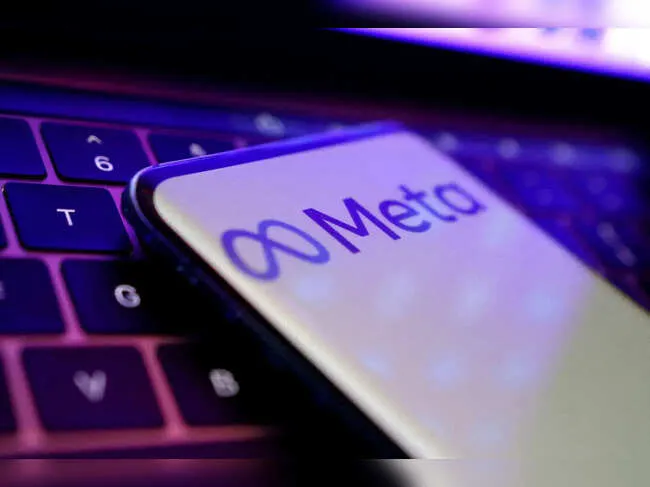
Meta, the company that owns Facebook, Instagram, and WhatsApp, is now in talks with Nigeria’s National Data Protection Commission (NDPC) to settle a huge fine of $32.8 million. This fine was given to Meta after the NDPC said the company broke some data privacy rules in Nigeria.
The news is very important because it shows how serious Nigeria has become about protecting the personal data of its citizens.
It also shows that even global tech companies like Meta must follow the country’s laws if they want to keep doing business in Nigeria.
Why Meta was fined
The NDPC had investigated Meta and found that the company was not fully following Nigeria’s data protection rules. These rules are part of the Nigeria Data Protection Act, a law that was made to protect how people’s personal information is collected, stored, and used.
The commission said Meta collected and used personal data of Nigerians without giving people enough control or proper information about how their data would be handled. The NDPC believes this put millions of Nigerians at risk, which is why it placed a heavy fine of $32.8 million on the company.
What Meta is doing now
Instead of going to court and fighting the sanction, Meta is now talking with the NDPC to settle the case outside of court. A settlement means that Meta will agree to pay some amount of money and also make changes in how it handles data in Nigeria, while the NDPC will accept the deal and close the case.
Many people see this as a smart move by Meta, because fighting the case in court might take a very long time and could even make the company’s reputation worse in Nigeria. By settling quickly, Meta may be able to rebuild trust and show that it is ready to obey the country’s data privacy laws.
Why this matters for Nigerians
This case is very important for Nigerians for many reasons. First, it shows that the government is serious about protecting the privacy of its people in the digital world. For a long time, big tech companies collected data without facing strong checks in Africa, but this action by the NDPC is a clear sign that those days are ending.
Second, it could make Meta more careful in how it handles user data in Nigeria. This may mean more transparency for Nigerians on what happens to their personal details when they use apps like Facebook, Instagram, and WhatsApp.
Third, it will serve as a lesson for other companies that collect personal data in Nigeria. They will now know that if they break the rules, the NDPC will not hesitate to punish them, even if they are among the biggest tech companies in the world.
What experts are saying
Technology and legal experts in Nigeria believe this move by the NDPC is a strong warning to other foreign companies. They say it will help improve the way companies operate in Nigeria, because they will now have to respect local laws on data.
Some experts also say it is a good step towards building digital trust in the country. If Nigerians feel their personal data is safe, they will be more willing to use online services, which is good for the digital economy.
Others warn that if Meta and other companies are forced to pay huge fines without proper dialogue, they may increase their charges for advertising or slow down investment in Nigeria. However, many Nigerians believe the protection of personal data is more important than anything else.
What happens next
The talks between Meta and the NDPC are still going on. If they reach an agreement, Meta will pay the fine, or at least part of it, and will also commit to following Nigeria’s data privacy rules better in the future. If no agreement is reached, then the case may end up in court, which could drag on for years.
For now, Nigerians are watching closely. The final decision will not only affect Meta but will also shape how all tech companies operate in the country moving forward.
The Bottom Line
The case of Meta and the NDPC is a big moment for data protection in Nigeria. It shows that the government is taking strong steps to protect its citizens in the digital space. It also shows that even very powerful global companies like Meta are not above the law.
If the settlement goes through, it may set a new standard for how data privacy cases are handled in Nigeria. It will also be a message to other companies that Nigeria values the privacy of its people and will not hesitate to act when those rights are violated.
This story is still developing, but one thing is clear. Data privacy in Nigeria is no longer a light matter, and both local and global companies must start taking it seriously.
Don’t Miss: Meta Will Use Your AI Chats to Personalize Ads and Content Starting December 16
